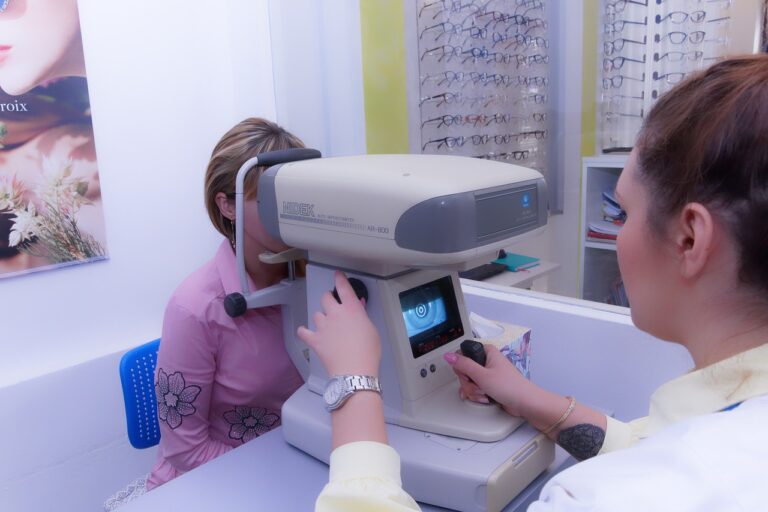The Impact of Social Media on Teen Body Image and Self-Esteem
Social media plays a significant role in shaping the perceptions and attitudes of teenagers towards their bodies. With the rise of platforms like Instagram and TikTok, young individuals are constantly exposed to idealized images of beauty that can create unrealistic standards for how they should look. The constant comparison to edited and filtered photos can lead to feelings of inadequacy and low self-esteem among teens, as they strive to meet these unattainable ideals.
Moreover, the pressure to conform to these beauty standards perpetuated on social media can also contribute to the development of body image issues and eating disorders among adolescents. The constant barrage of images promoting a narrow definition of beauty can distort teenagers’ self-perception and fuel a desire to attain a certain body shape or size, often resorting to unhealthy dieting or exercise habits to achieve these unrealistic goals. In a digital age where likes and comments equate to validation, the influence of social media on teen body image cannot be underestimated.
Comparison Culture on Social Media
Social media platforms have become breeding grounds for comparison culture among users, particularly teens. The constant stream of carefully curated images and posts showcasing idealized lives and bodies has fostered an environment where individuals feel the pressure to measure up to unrealistic standards. This phenomenon often leads to feelings of inadequacy, low self-esteem, and a distorted perception of one’s own worth.
The competitive nature of comparison culture on social media can also spark unhealthy behaviors such as extreme dieting, excessive exercise, and even body dysmorphia in vulnerable individuals. The incessant need to gain validation and approval through likes and comments can create a toxic cycle of seeking external validation for one’s self-worth, perpetuating a never-ending quest for perfection that is unattainable. Social media users must be vigilant of these negative effects and strive to foster a more positive and inclusive online environment.
How does social media influence teen body image?
Social media often promotes unrealistic beauty standards, leading teens to compare themselves to edited and filtered images, which can negatively impact their body image.
What is comparison culture on social media?
Comparison culture on social media refers to the habit of comparing oneself to others based on their posts, appearances, and lifestyles, often leading to feelings of inadequacy and low self-esteem.
How can we combat the negative effects of comparison culture on social media?
To combat the negative effects, it is important to remember that social media is a highlight reel and not an accurate representation of reality. Limiting time spent on social media, unfollowing accounts that make you feel insecure, and practicing self-love and self-acceptance can help combat the negative effects of comparison culture.





